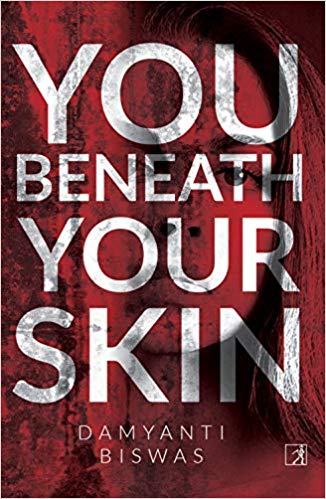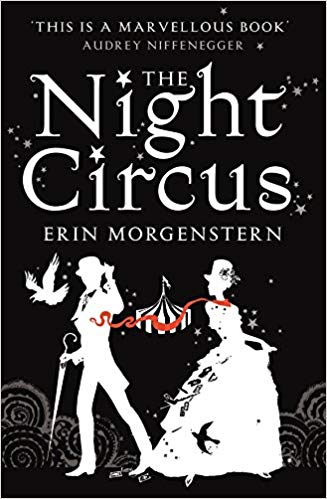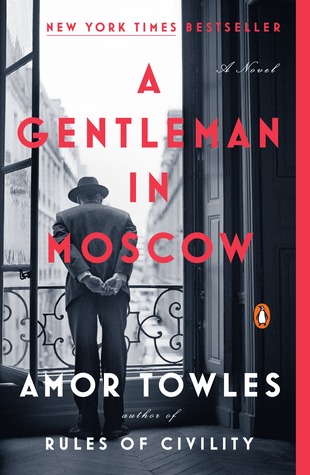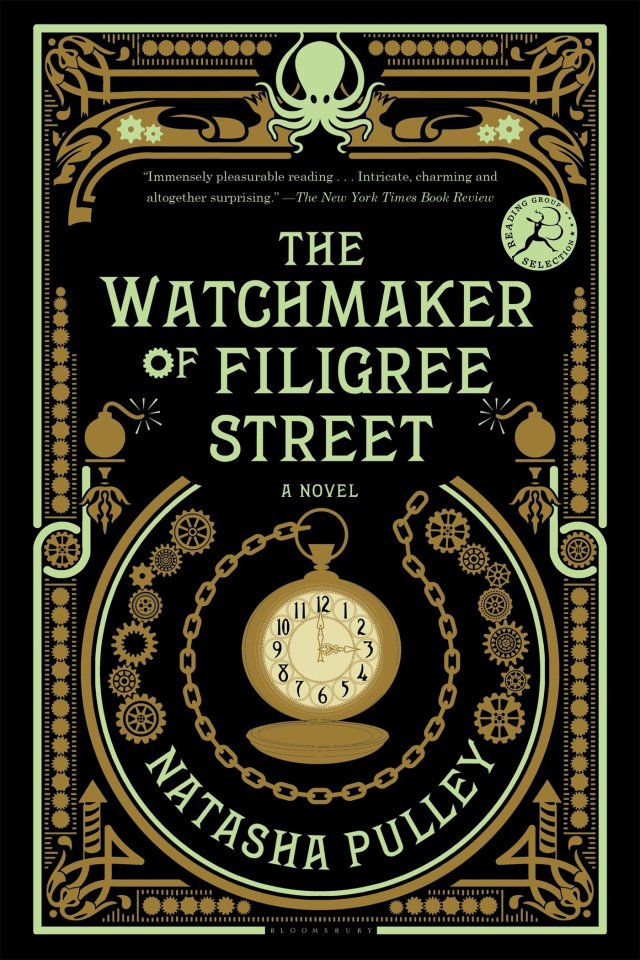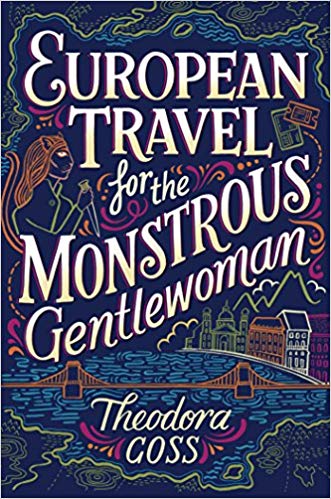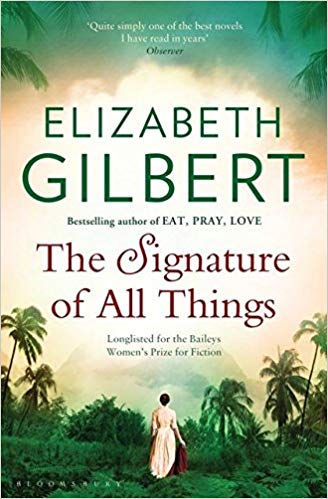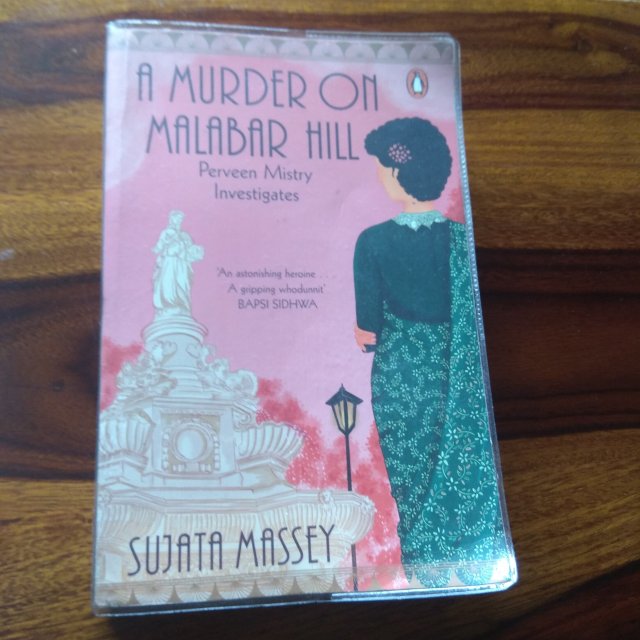A few years ago, I came across Robert Galbraith’s crime thrillers and fell in love with them. Though I am not a big fan of blood and gore, I actually relished the detailed description of crime scenes in the books. Also, the protagonist, Cormoran Strike is not your usual charming and suave detective, but a man who has one leg, is battling weight issues and is still not able to come to terms that his girlfriend has left him for good. After reading his (or rather her) books, I always wondered if Indian authors could write such a book and whether I would enjoy it.
Well, I got my answer in Damyanti Biswas’ book – You Beneath Your Skin
Plot
Anjali Morgan, Indian American single mother works as a psychiatrist in Delhi. She also looks after her autistic son, Nikhil. She is in an affair with ambitious Police Commissioner Jatin Bhatt. Jatin is married to Drishti, his boss’s daughter, however their marriage is falling apart. His younger sister, Maya and her assistant, Pawan, run a detective agency.
In the slum areas of Delhi, slum women are found stuffed in trash bags, raped and badly mutilated. As Jatin tries to solve the mystery along with the help of Anjali, his sister Maya and her assistant Pawan, events spiral out of control. Jatin comes face to face with shocking reality and must make some hard choices.
Review
The story is absolutely captivating. Who was raping and killing slum women? Why were their faces and bodies disfigured by acid? Was it the work of a serial killer or was a gang involved? But as the story unfolds, you keep on wondering if there is more to the family members of the protagonists than meets the eye. Was Nikhil really innocent? Were Varun and Bunty involved in a shady deal? All these questions make you turn pages one after the other. I finished the book in under 36 hours.
You Beneath Your Skin is as much about the characters as it is about the story. The story is narrated from the viewpoints of Jatin Bhatt, Anjali, Maya and Pawan. The protagonists have flaws and that’s what makes them so relatable. Jatin loves Anjali, but is not able to divorce his wife as that would mean kissing his career and long-standing dream of becoming Chief of Police goodbye. Also, Jatin is an over indulgent father who can see no wrong in his son. It makes me think of the parents of today, and I being one, makes me delve deep into my parenting style. Anjali has issues from her childhood which stop her from moving forward. Maya a confident young businesswoman is shy when it comes to her physical scars. Pawan, on the other hand, comes across as the sanest person in the whole book.
The story transports you from swanky air-conditioned malls and posh Safdarjung Enclave to the dark underbelly of Delhi in the blink of an eye. The vivid description of Biswas not only evokes images of the dirty overflowing nullahs, the unwashed ragpicker children, badly but provocatively dressed women trying to eke out a living by meeting their clients in the badly lit by-lanes, but it also takes you on an olfactory tour of Delhi. I mean having visited Nizam’s, I smelled the charred smell of the meat at this heritage restaurant, and I also smelled the strong stench of urine and other human waste under Pul Bangash, and wrinkled my nose.
Damyanti has sensitively described the pain and trauma of women whose face have been disfigured by acid attacks. One more thing I appreciated was that the author has not described the blood curling crime scenes in detail. The end was unexpected, but realistic given the crime, corruption and bureaucracy in India. I hope she writes more books with Maya and Pawan at the fore.
A couple of things that I noticed was that a few sentences started without a noun or pronoun, written in the style of a blog. Also, Mahavir Jayanti falls in spring when the winter sun gives way to sunny and balmy weather.
Verdict
So coming to my earlier question whether Indian authors can deliver a well-written crime thriller. Well, they absolutely CAN and I loved reading this book. If you like crime thrillers, then you shouldn’t miss this book.
Buy the book from this Amazon link
Proceeds to the author will be donated to the non-profits Chaanv Foundation and Project WHY.

